Charles Pakana (Victorian Aboriginal News):
I’m joined today on the Referendum 23 Tapes podcast by Yorta Yorta and Gunditjmara man, uncle Andrew Jackomos. Having worked previously, a special advisor on Aboriginal self-determination with the Victorian Department of Premier and Cabinet, an executive director of Aboriginal Economic Development with the Department of Jobs, Precincts, and Regions, he carries a wealth of government experience and aboriginal advocacy with him. Uncle Andrew, welcome to the podcast.
Uncle Andrew Jackomos:
Thank you very much, Charles. Pleasure to be with you.
Charles:
Unc, from your own personal experiences, just how effective do you believe a Voice to Parliament as currently being proposed with the local and regional models feeding up to a national voice, how effective do you believe they could be for First Nations people as well as the entire country?
Uncle Andrew:
I think passing the referendum, which I’m wholly confident will happen, and having a Voice to Parliament I think will be good not just only for First Peoples, but be good for the whole country. For the whole country to be proud of its rich history, 65,000 years, I think it’s got a real chance to make a difference.
And because it’ll be here and from First People’s nationwide and directly people who have been elected by their local communities up through a process to be that Voice to Parliament, I think has got a real chance to make a difference. But the important thing is that it needs to be sustainable.
Charles:
So what do you mean by sustainable?
Uncle Andrew:
So in a previous life, I was a chairperson of Yuroke Regional Council here in Melbourne under ATSIC. My mother was the NAC member for Metropolitan Melbourne under the National Aboriginal Congress. These have been great bodies with great people elected, but the problem is unless we have security around those voices, then there is a lack of sustainability. There’s a lack of ongoing belief, and we need that ongoing.
Charles:
So when you’re saying security, you’re talking about the protection afforded by the Constitution in this particular case?
Uncle Andrew:
Yes, absolutely. Absolutely. That’s what I’m getting at.
Charles:
So having a fair bit of an idea about what goes into creating legislation, and there’ll be a lot of legislation that’s going to be required to set up the Voice. What are your thoughts on the body of work that will need to be carried out post 14 October should a yes vote actually succeed?
Uncle Andrew:
So there’s been a lot of work already done over the years as to potential bodies, but it’s a real opportunity for people at the local level, at the regional level to have an input into the final model that the government of the day puts to parliament. So there’s a real opportunity for that to happen. So yes, there’s been work done around various potential models. But it’s really up to people at the local level to have a say on what model they want best that works nationally.
Charles:
Now, when it comes to legislation, as I mentioned before, you’ve got a lot of experience in government. As Australians do we have a right to have our voices heard, whether we are Black, white, or polka dot when it comes to legislation being formed by the bureaucrats and the politicians at a federal level?
Uncle Andrew:
Well, it comes back the democratic process and democracy in Greek is very much about the people. It’s the people having a voice, the people coming together. And the Voice for us will be very much about the democratic process. People at all levels having a say in the services and policies that impact on us. That’s at the very heart of self-determination.
Charles:
Now, what about from a positive perspective? Some of the things you were mentioning before culture. Do you believe that the voice could provide a platform for culture to be better shared and experienced by other Australians, non-aboriginal Australians?
Uncle Andrew:
The Voice is about First People’s having a voice at parliament, but it’s also about us as fellow Australians celebrating our rich cultural history for all Australians to enjoy and to be proud of.
Charles:
And what are some of the aspects, do you believe, from previous models, the congress that you mentioned that your mother was on and ATSIC, what are some of the features or constructs from there that you would like to see carried across to the Voice? And I know we’re looking into a crystal ball here.
Uncle Andrew:
Look, I think the model that was the basis for ATSIC was an excellent model in which we had elected regional councils that elected a state commissioners and that they then formed a united body that advised government. The primary difference here will be that it’s in Constitution, and also my understanding is that the body that we’re after won’t be a service delivery model. It will be about providing a voice to government.
Charles:
Do you have any concerns at all? And this isn’t obviously going into a no side of things, but when it comes to the creation of the legislation to establish the Voice. Do you have any sort of words of caution or concerns or areas that you would like to pay particular attention to just to make sure it’s established correctly?
Uncle Andrew:
I think the most important thing is that Aboriginal people, Aboriginal and Torres Strait Islander people, First Peoples have a say in the drafting of the legislation. I think that’s critical. I think it’s important that our First Peoples, our leaders talk to both government and the opposition parties about what we see are the important aspects of that legislation. I think that’s critical is that we take a bipartisan approach to the development of the legislation.
Charles:
And having a fair bit of experience once again through your mother with the congress and through yourself with ATSIC. I mean, do you see any real threats to the passages of legislation because of a voice? I mean, let’s be honest, that’s one of the big scare tactics that the No Side has put up, that it’s going to bog down legislation and all those sorts of things. What are your thoughts on that?
Uncle Andrew:
Well, look, you can try and guarantee as much as possible, but we are confident that it would get through the House of Representatives, the lower house. The challenge is it getting through the upper house, the senate, and that’s why it’s so critical that a lot of work is done by our spokespeople, our leaders taking a bipartisan approach to the drafting of the legislation and ensuring its passage through parliament.
Charles:
And in your experiences when you were with ATSIC, how effective was the passage of information up through the communities, through the ATSIC commissioners and actually through to the bureaucracy and the parliamentarians? Was it a working model?
Uncle Andrew:
So I was first the chairperson of Yuroke Regional Council, and then unfortunately, I think it was the Howard Government done away with some of the regional councils, but I then become the state manager for ATSIC for Victoria. So I had a chance to see both sides of both internally, how the regional councils work.
And then from an administrative side supporting their work, supporting our commissioner, supporting our board of commissioners, their position to government. You’re only as successful as the government wants to hear your voice. So they are great models, but we need the ear of government and we also need the ear of the opposition.
Charles:
Now, with regard to some of the scare tactics that have been brought up by, well look both sides, I’ll be really fair about that. But you’ve been out there advocating for the Yes campaign. You were down at the Aboriginal Advancement League a couple of years ago for the Victorian Aboriginal leaders and support. What are some of the, I suppose, frustrating issues that you are hearing about that are just getting in the way of the success that you and the other Aboriginal leaders are seeking?
Uncle Andrew:
For me, the concern is saying that it’s got to have a hundred percent Aboriginal support. Our community is a broad church, like the broader community, any parts, any cohorts of them, broader community, you never get a hundred percent of a community that will support something. But I know from what I read and what I see and from the people I talk to, the great majority of Aboriginal people, not all Aboriginal people, but for me, the great majority of Aboriginal people support the Voice and the referendum on the 14th.
I think there’s misnomers that you can trace back to Mabo legislation where people were being told that they were going to lose their backyards, they were going to lose their tennis courts and their swimming pools. Now that is an absolutely misnomer. The Voice, the referendum is about giving us a voice. It doesn’t give us a veto over government policies. It doesn’t give us a veto over defense. They are absolutely misnomers.
They’re unfortunately being spread by certain parts of the media to drive their own agendas. But Charles, I’m confident we’re seeing the people turn out, seeing the people support, welcome the country and the football games on the weekend. Now I think they were fantastic support. So I reckon it’s going to be tight, very tight, but I reckon we’ll carry the day. And when I say we, I’m talking about the great majority of Australian’s voting on the day.
Charles:
Now that’s an interesting subject you’ve brought up then with it’s the majority of Australians voting. A lot of people have been saying, “Well, look, it’s simply unfair that we’ve got 97% of Australians or thereabout who are obviously going to carry this vote one way or the other when really this is a Black issue.” So what are your thoughts on that?
Uncle Andrew:
For me, it’s not a Black issue. This is about Australia as a whole. It’s about a nation gaining maturity. It’s about Australia standing in the family of nations. This isn’t just about us. For me, this is about the whole Australia gaining maturity, facing up to its facts, but on the positive note, this is about Australians. Certainly the referendum is about giving us a voice, but it’s about a voice for whole of Australia.
Charles:
And on that positive note, uncle Andrew, I want to thank you very much indeed for sparing the time to come on to the podcast.
Uncle Andrew:
My absolute pleasure. You have a great day, Charles.


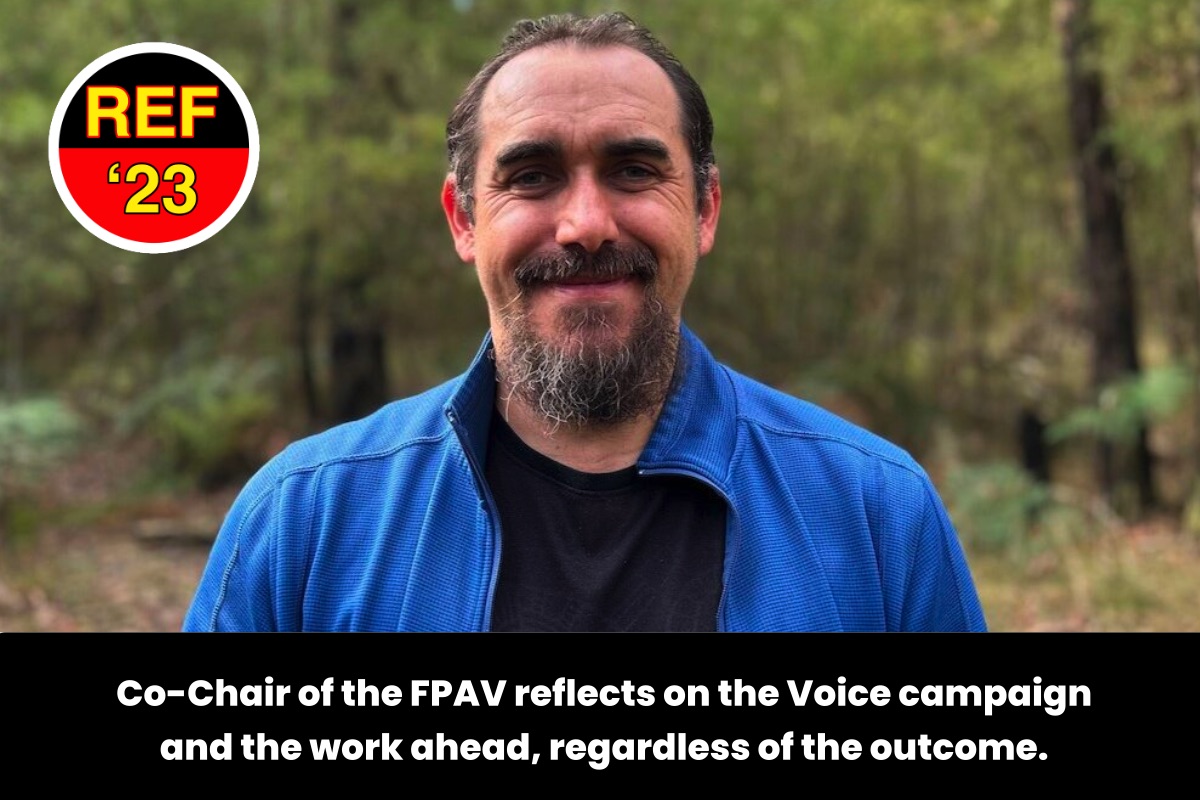
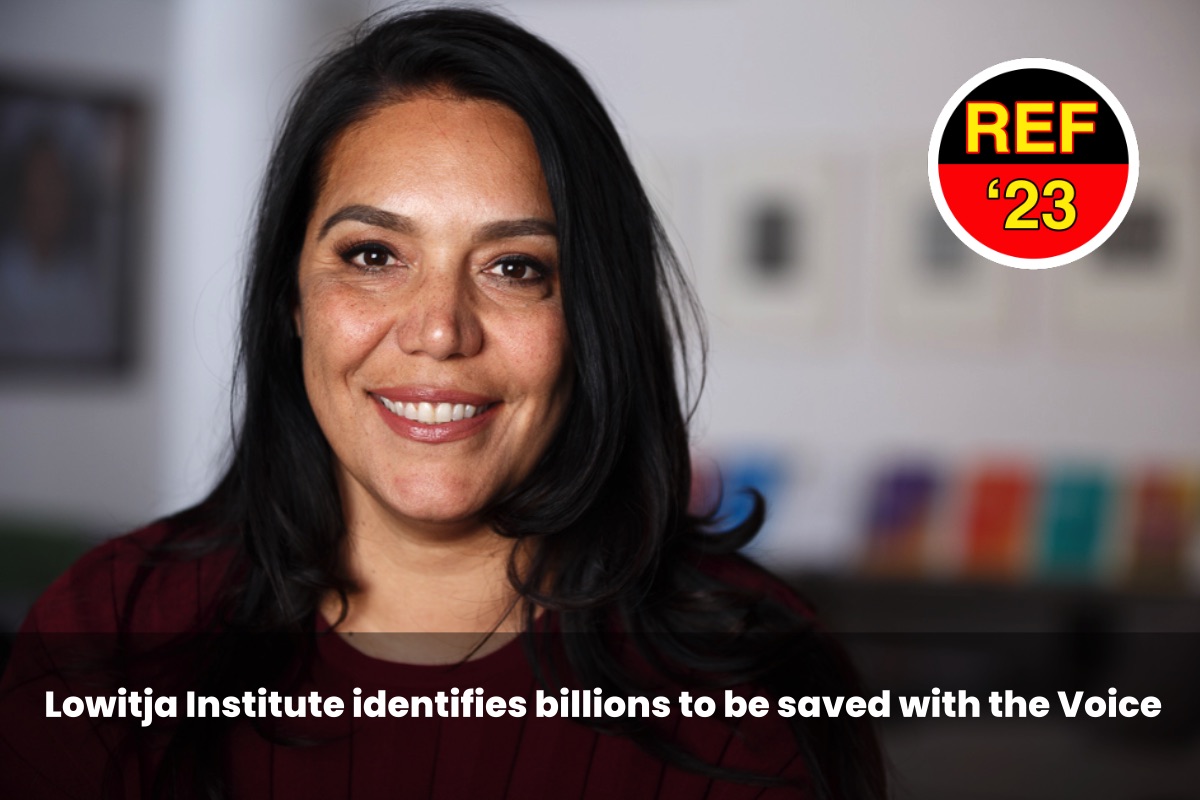
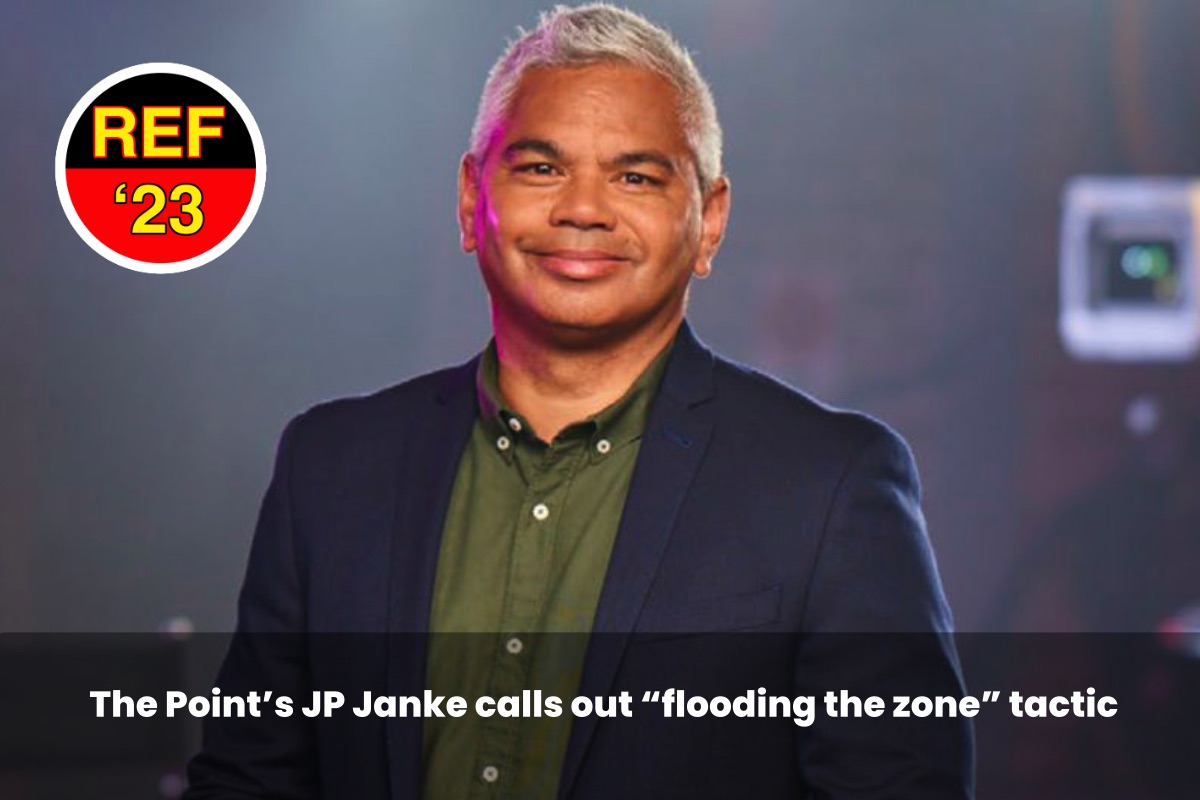
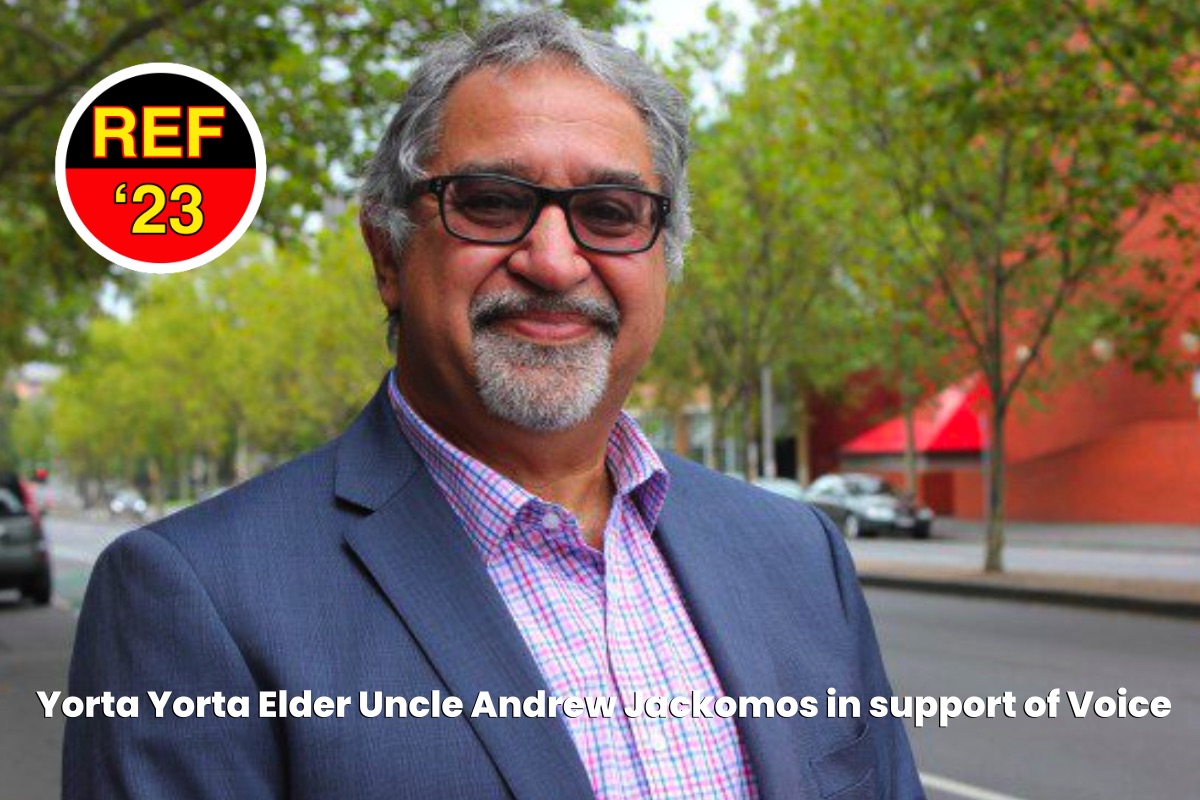
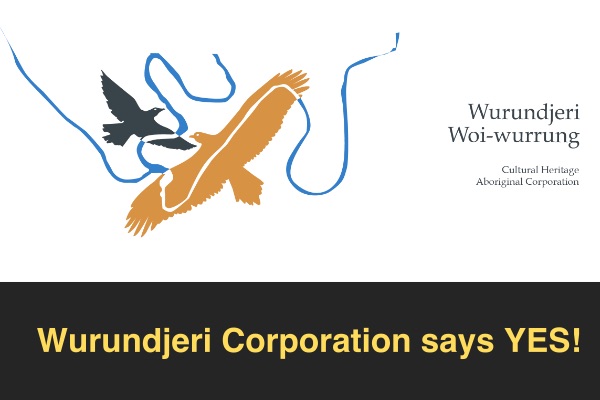

0 Comments